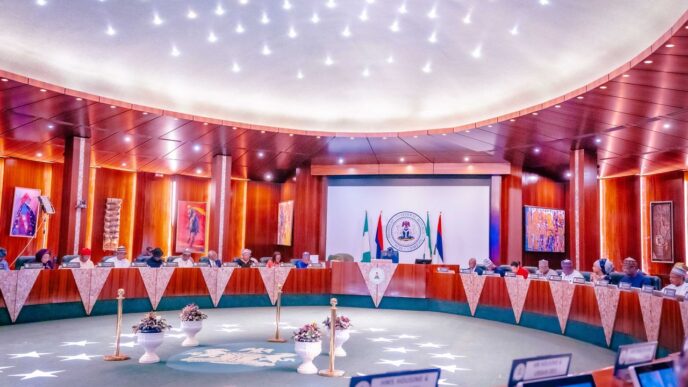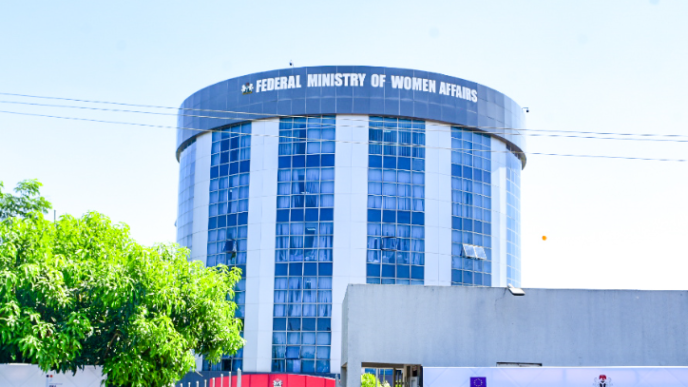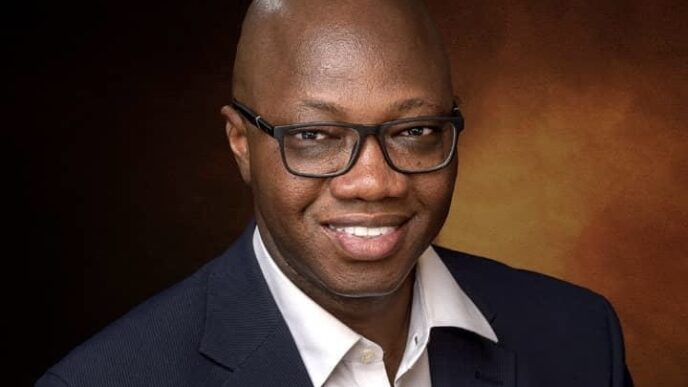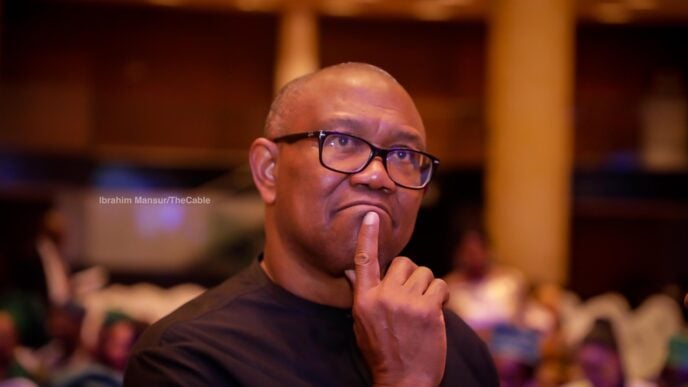BY MOBOLAJI AJASA
Last Thursday, I did something unusual: I kept refreshing the social media pages of the Federal Competition and Consumer Protection Commission (FCCPC), eagerly awaiting the court verdict in its legal standoff with MultiChoice Nigeria, owners of DStv and GOtv. When the post finally dropped, it was triumphant in tone, almost like a victory lap. “Subscription Hike: FCCPC Floors MultiChoice,” the post screamed, followed by: “Court affirms Commission’s Power to Investigate Exploitation.” The tone suggested a regulatory win for consumers. But as anyone who read the full judgment will know, the real story was far more nuanced and far less flattering to the FCCPC.
Let us be clear: the court did not give the FCCPC a blank cheque to dictate prices to MultiChoice. In fact, it did the exact opposite.
Justice James Omotosho of the Federal High Court struck out MultiChoice’s suit against the FCCPC on procedural grounds because a similar matter was pending before another court. But buried beneath the legalese of the dismissal was a resounding message: the FCCPC has no authority to freeze or fix prices unless such power is explicitly delegated by the President of Nigeria. That has not happened.
In Nigeria’s free-market economy, companies have the legal right to set prices based on prevailing business conditions. And this is exactly what MultiChoice did.
Advertisement
On March 1, 2025, MultiChoice implemented a subscription price hike, up to 25%, citing surging operational costs. Like every other business operating in Nigeria, MultiChoice has not been spared the wrath of inflation, foreign exchange volatility, and rising energy bills. These aren’t luxury problems, but existential threats. A company facing higher costs must either pass some of them to consumers or degrade its services. There is no other choice.
It is an established fact that MultiChoice’s pricing in Nigeria remains the lowest in Africa. DStv Premium in Nigeria costs about $29.81 monthly, compared to $85.11 in Kenya. Even when adjusted for purchasing power, the gap remains substantial. What this suggests is that MultiChoice is not exploiting Nigerian consumers, but subsidizing them.
Yet, the FCCPC seems fixated on MultiChoice in a way that feels almost personal; a misguided regulatory crusade, actually. While other companies routinely adjust their prices without so much as a blink from regulators, MultiChoice alone is dragged into the public square for every change.
In 2023, StarTimes raised its rates twice. The first was by 33 per cent in May, while the second was by another 25 per cent in August. In early 2024, Nigerian Breweries hiked its prices three times. The FCCPC barely stirred. But when MultiChoice adjusted its rates in response to economic pressure, the commission not only intervened, it demanded a suspension of the new prices without an investigation and without due process. Justice Omotosho rightly pointed out that this breached MultiChoice’s right to a fair hearing and smacked of selective enforcement.
If protecting consumers is truly the FCCPC’s aim, then its enforcement must be consistent and fair. Singling out one player while turning a blind eye to others undermines the very principle of consumer protection. Worse, it erodes trust in the Commission’s impartiality. It is important to put into perspective, as the court did on Thursday that Pay TV is not an essential service. It is not food, water, electricity, or healthcare-all of which the prices have gone through the roof, by the way. It is entertainment and a discretionary one at that. Consumers can choose to subscribe or not. They can switch providers. They can use free-to-air channels or stream on YouTube. The court emphasized that Nigerians are not trapped. The market offers alternatives.
Advertisement
So why does the FCCPC treat MultiChoice’s price changes like a public health emergency? If we accept that we live in a market economy, then we must also accept the risks and rewards that come with it. You cannot say we have a free market and then punish companies for exercising their freedom to price their services. It is like prescribing socialist benefits in a liberalized economy.
This case has exposed a broader issue: the blurry line between regulation and overreach. The FCCPC has important powers: consumer protection, investigating abuse of dominance, anti-competition oversight. But it is not a price control board. That role, if ever necessary, is reserved for the President and must be officially gazetted. As Justice Omotosho noted, the FCCPC cannot act as a surrogate for executive power it does not have.
Even with MultiChoice’s market leadership position, the FCCPC still needs to follow the law. It must investigate, gather facts to establish if the position is being abused and then make declarations. It cannot adopt a shoot-first-and-investigate-later approach. In this case, the Commission acted without launching a formal investigation. That is not regulation, but acting out the belief that the law is merely a framework from which the FCCPC is free to make creative decisions to do as it wishes. It is improvisation, which the law does not accommodate.
The implications of this go beyond MultiChoice. If we accept that a regulator can dictate prices without legal backing, what stops it from doing the same to any other sector? Will it tell tech startups what to charge for their apps? Will it fix the price of beer, bread, or petrol in the absence of a subsidy framework? This is not just about MultiChoice. It is about whether we want a rules-based economic system or a regulatory Wild West. Investors, both local and international, watch these kinds of battles closely. Unpredictable regulatory behavior discourages investment, especially in sectors like media and telecoms that require huge capital outlay.
Advertisement
To be fair, not everyone cheering the FCCPC is doing so blindly. Many Nigerians are genuinely frustrated with rising living costs. They see any price increase as one more punch to the gut and they look to regulators for relief. That frustration is valid. But regulatory populism is not the answer. Sound policy is.
If government wants to make pay TV more affordable, it should create an environment that conduces to such, not price controls. If the FCCPC wants to protect consumers, it should strengthen transparency, ensure service quality and foster competition across sectors, not single out one player for ritual humiliation.
Justice Omotosho’s ruling is a welcome reaffirmation of the legal boundaries in a market economy. It is a reminder that even in the most passionate consumer advocacy, the rule of law must prevail. MultiChoice is not above regulation. Neither is the FCCPC above the law.
In the end, we must decide what kind of economy we want. One governed by fairness and legal certainty? Or one where rules bend to popular sentiment? For me, the answer is clear. And last Thursday, so was the court’s.
Advertisement
Views expressed by contributors are strictly personal and not of TheCable.












